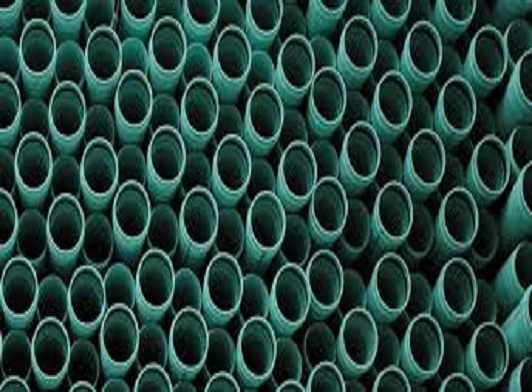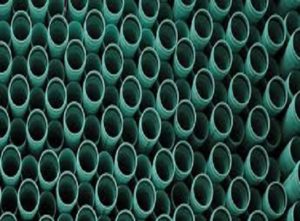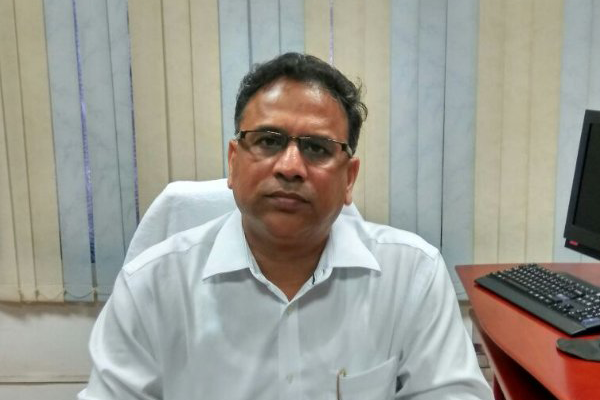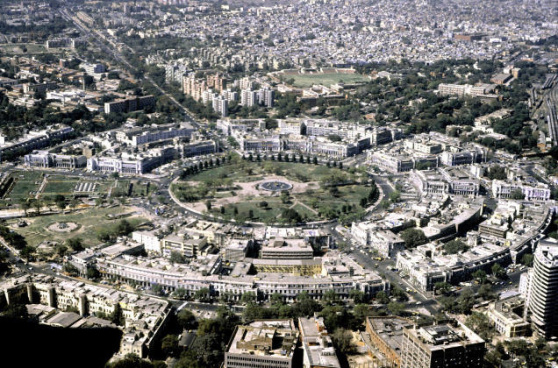
In an increasingly urbanising society, converting city waste into resources is of great importance. In fact, in a country like India where 34% of people live in urban areas and by 2025 46% of Indians are projected to live in cities, the urbanisation process is set to produce a great amount of biowaste coming from the treatment of wastewaters in Indian cities.
 A new study has shown that “different biowaste produced in an urban environment can be treated within the same chain of valorisation and can obtain products with biological origins, such as bioplastic, with a higher economic value to the classic compost and biogas”.
A new study has shown that “different biowaste produced in an urban environment can be treated within the same chain of valorisation and can obtain products with biological origins, such as bioplastic, with a higher economic value to the classic compost and biogas”.
Researchers carried out the experimental part of the European project RES URBIS (Resources from Urban Bio-waste) in two pilot plants in Lisbon (Portugal) and Treviso (Italy), and in five laboratories–one of which was the Faculty of Chemistry of the University of Barcelona.
The scientists were able to produce a total of 30 kg of polyhydroxyalkanoates (PHA), which was obtained through three new extraction methods carried out within the project, and later, processed by the industrial entities to obtain commercial-use bioplastic.
“These bioplastics can be used as long-lasting goods and biocomposites with fibres produced with waste from parks and gardens”, said Joan Mata from the Department of Chemical Engineering and Analytical Chemistry, University of Barcelona.
The analysis of the life cycle of these bioplastics showed lower environmental impact when compared to the ones of fossil origin.
The study was published recently in the journal Bioresource Technology.





















